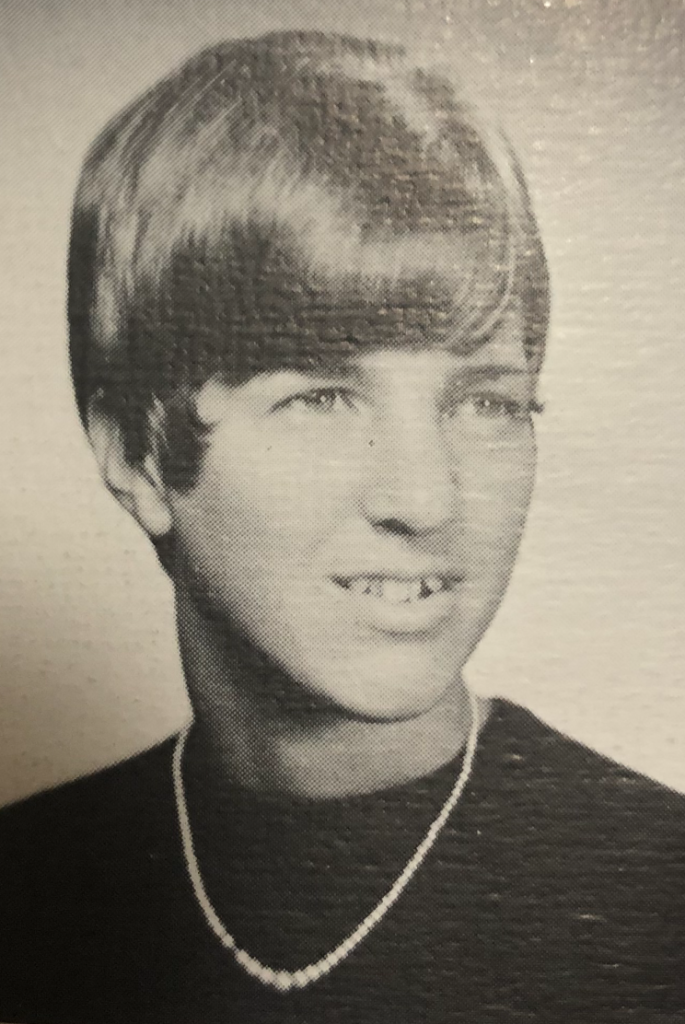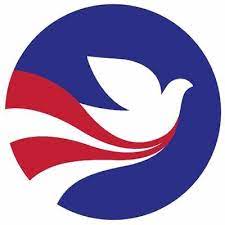Kathleen Williams


Kathleen Williams was a top student in Patchogue High School’s Class of 1967 who, after blazing a path of enormous achievement in the business world, took an abrupt and selfless turn to provide years of dedicated service to the entire world. Kathleen achieved great success as an expert in employee training and talent development for such international clients as Bankers Trust, Merrill Lynch, Coca-Cola, Target Corporation and many others. But by the time she turned 60, she began to feel disillusioned with many aspects of corporate America, and started looking for a way to serve a greater purpose and value to humanity. “I wanted to take a life’s worth of experience and wisdom and do something that would leave our world a better and safer place to live,” she wrote. So, in January 2012, at the age of 62, she joined the Peace Corps, and she is still at it today. During these last eight years she has learned to speak four new languages and has lived in some of the remotes villages of Thailand, Ukraine and the Southern African nation of Botswana, where she lives and works today.
Kathleen, herself, writes:
“I am often without water and electricity and—yes—internet service, because I have committed to fully integrate into my assigned communities by experiencing life at the same level as my villagers. I spent two years in a small town in northern Thailand helping the community prepare for the adoption of the ASEAN economic community. Teaching English, professional competencies and American business practices to both youth and adults, my work helped create a stronger and more competitive work force. During a third year in Thailand I was invited to serve on the staff of Khon Kaen University’s College of Local Administration where I taught leadership skills to newly elected town mayors and local government leaders. Next, I was posted to a remote village in western Ukraine where people were still struggling to move beyond former Soviet values and corruption to build a democratic government. There I taught one hundred young people about ethical leadership, preparing them to take their country in a new direction. After Ukraine, I chose to take on the terribly challenging HIV/Aids epidemic in Botswana. In our small village, 82% of the residents are under the age of 35 and 50% are under 20. Much of the rest of the population has died of AIDS, leaving children without parents and the community without a work force. I live and work with 600 children in the village’s primary school, teaching basic life skills and HIV prevention. I also work to ensure that students live with adults and not alone, and that there is food and water available for them at home. Our school has a 100% attendance rate, as for many of the students, the school provides the only parental guidance they will ever receive, and hot meals every day. I live in a small house with frequent electrical outages and water shortages. I need to travel two hours on a rickety bus to reach a supermarket. But we are making progress and I often find myself in tears for the small joys of being able to give a six-year old an apple or a glass of water on his way home from school, or of making eye contact with a 10-year-old who knows I will not hit her. Serving in the Peace Corps has been hard and challenging. It is easy to want to give up. But Peace Corps service is more than helping people at the most local level of a country. It is about building relationships with people whose only understanding of America comes through YouTube videos and local news. Over the past seven years, I have built friendships with more than 20,000 people who have gained a much better appreciation of the kindness, compassion, and love of the American people. Let this be my legacy.”
